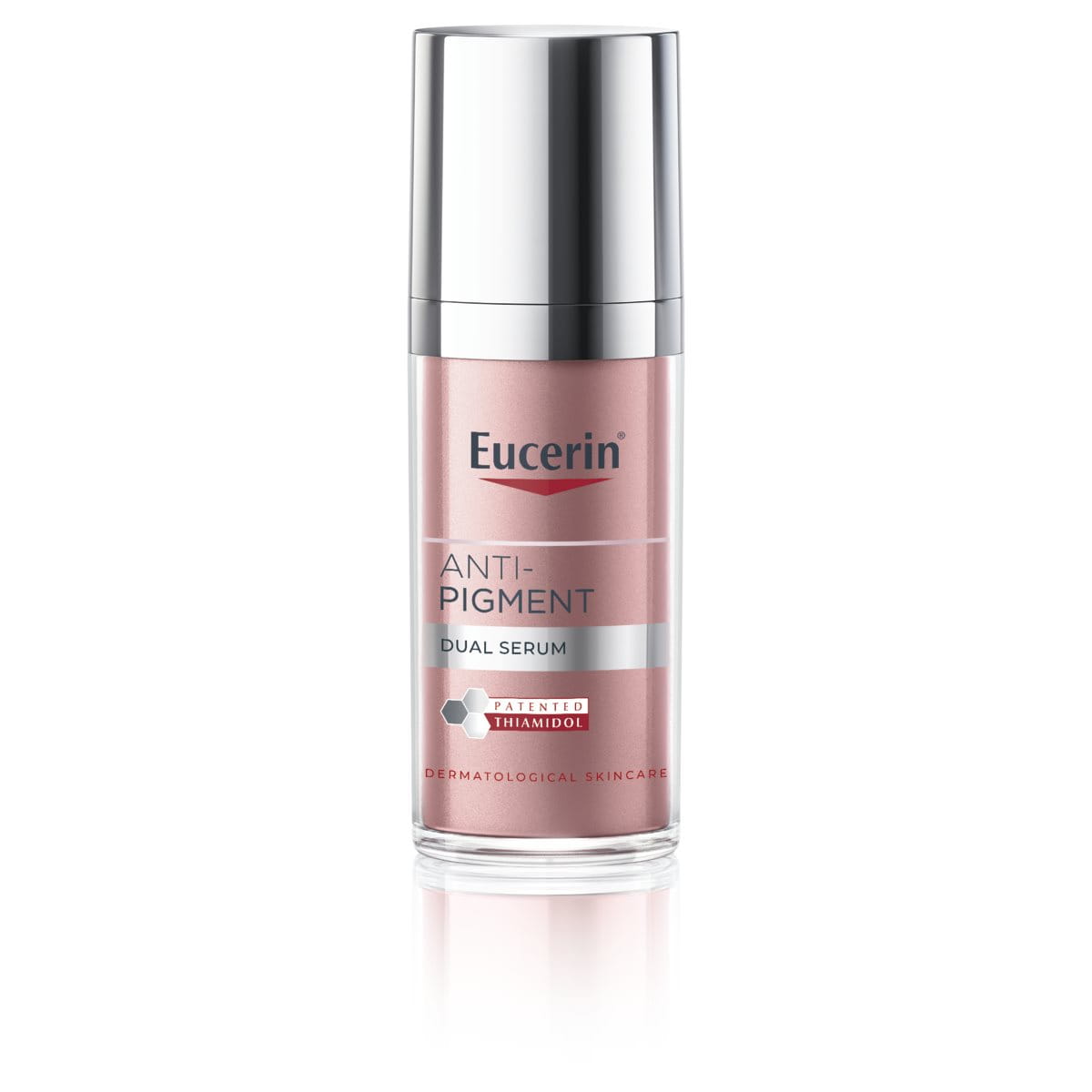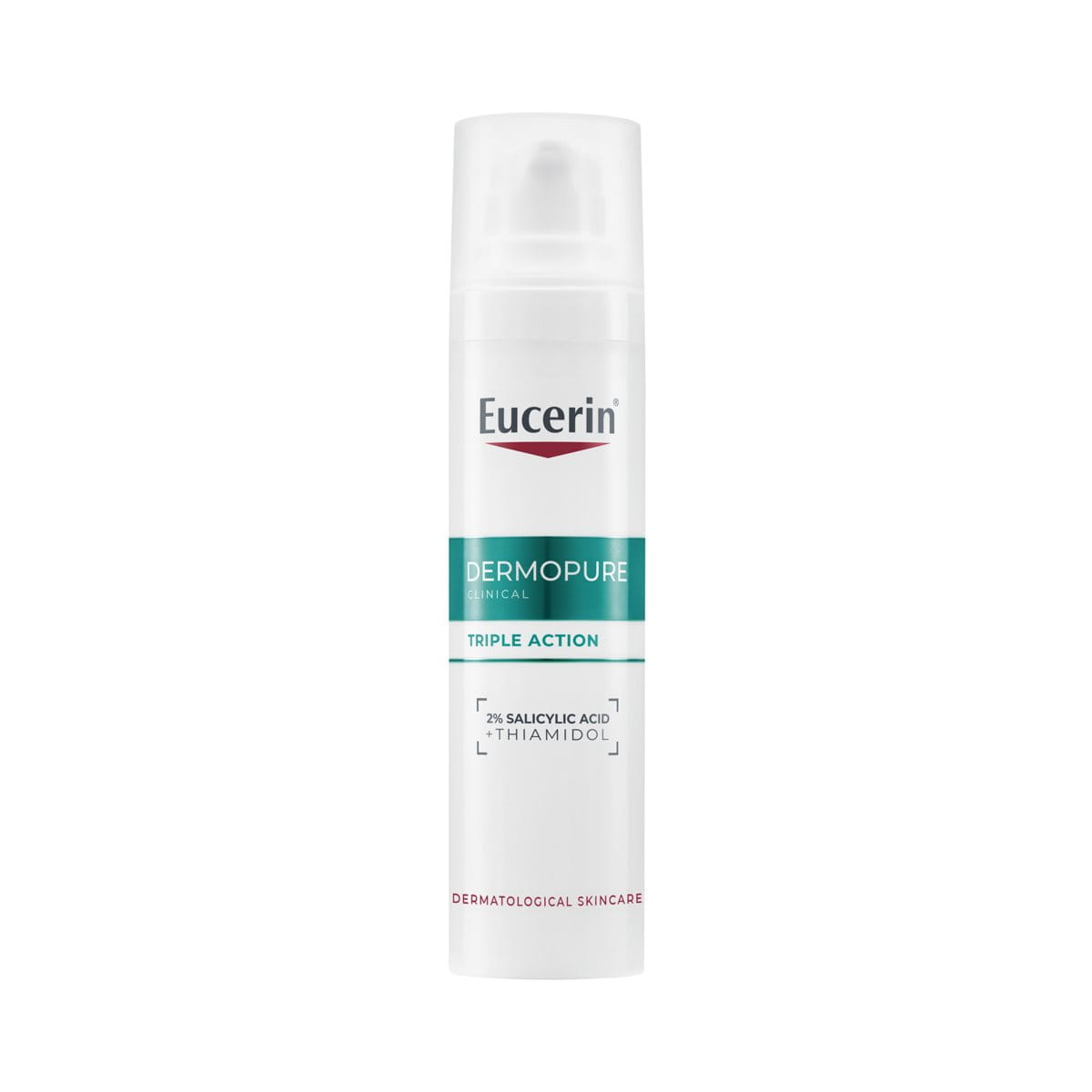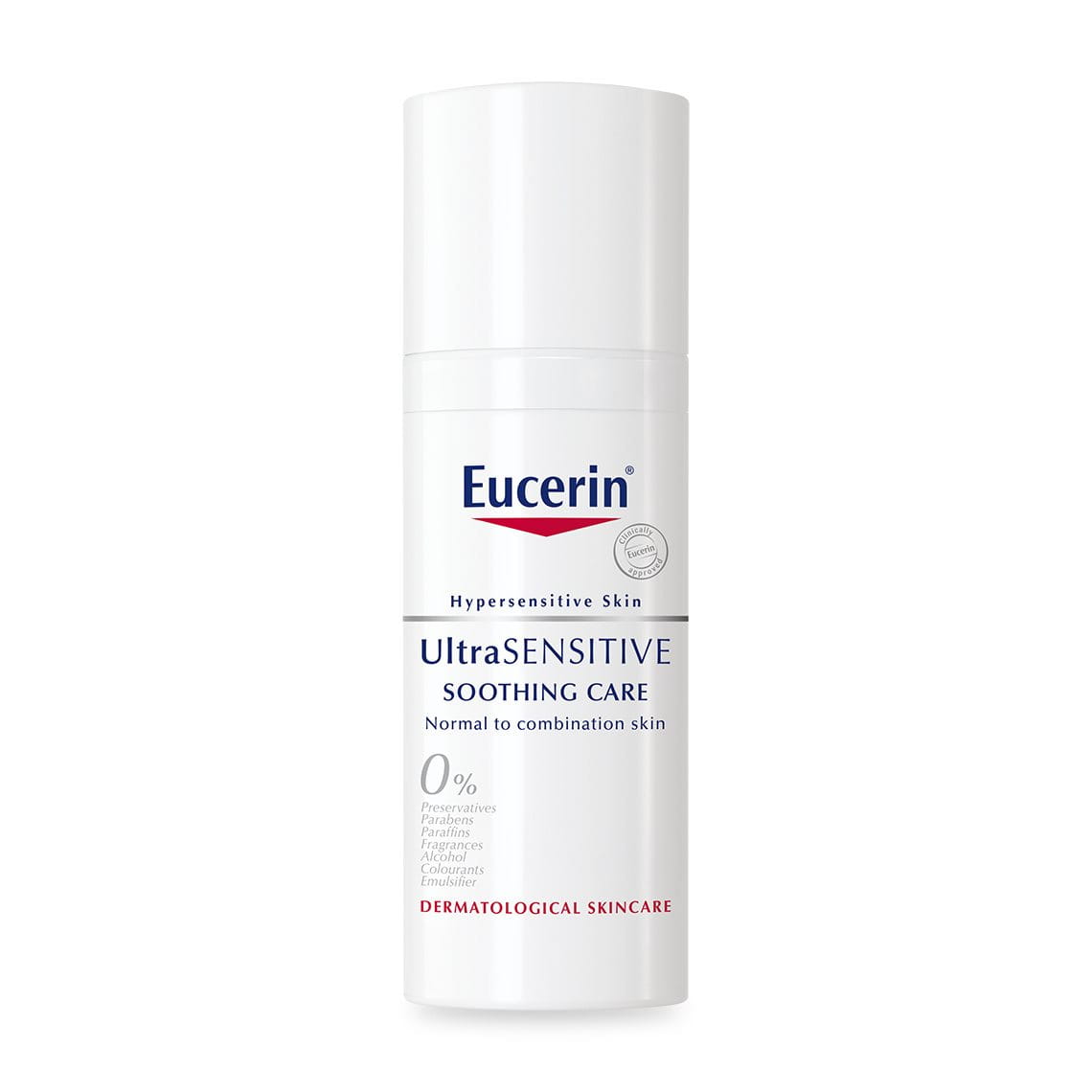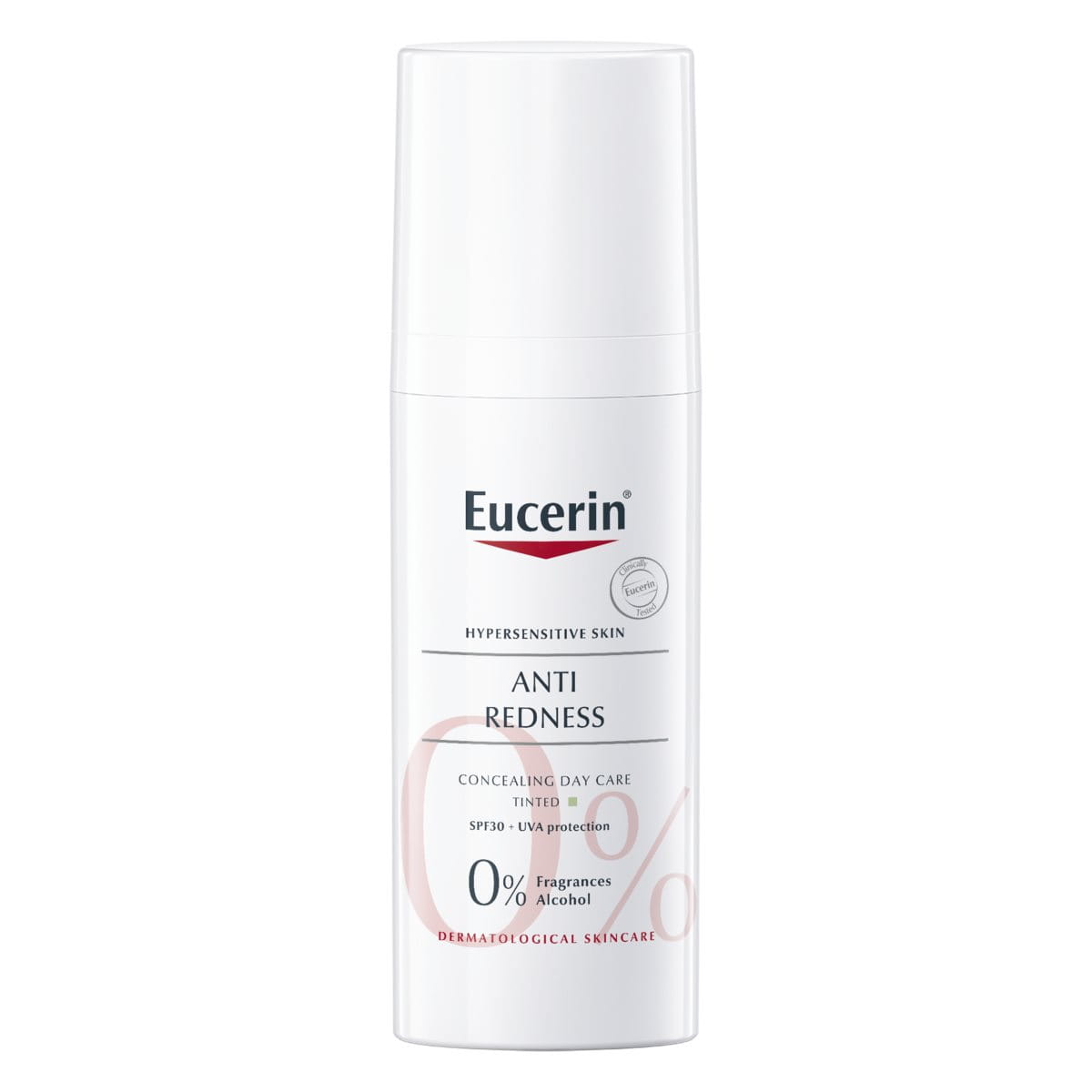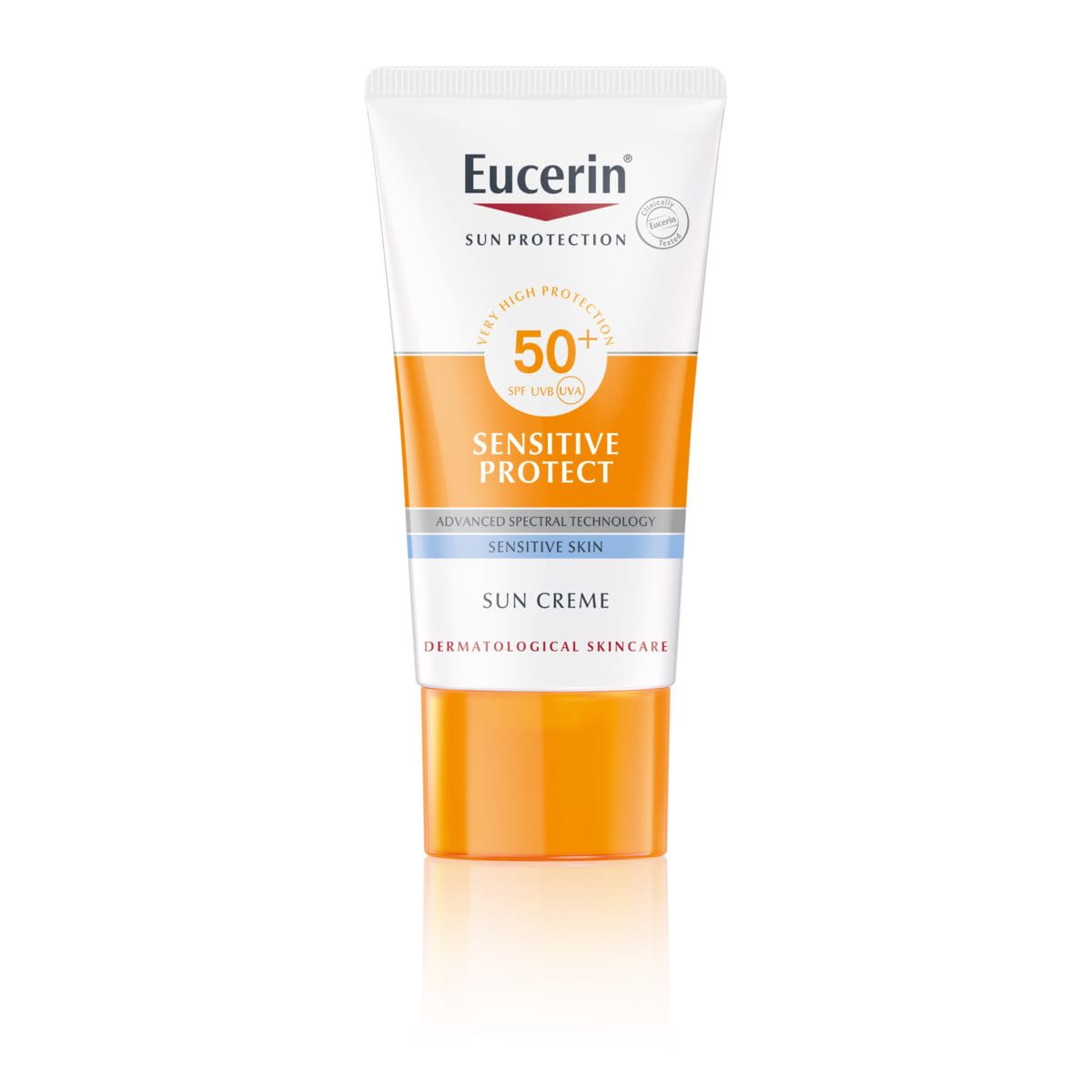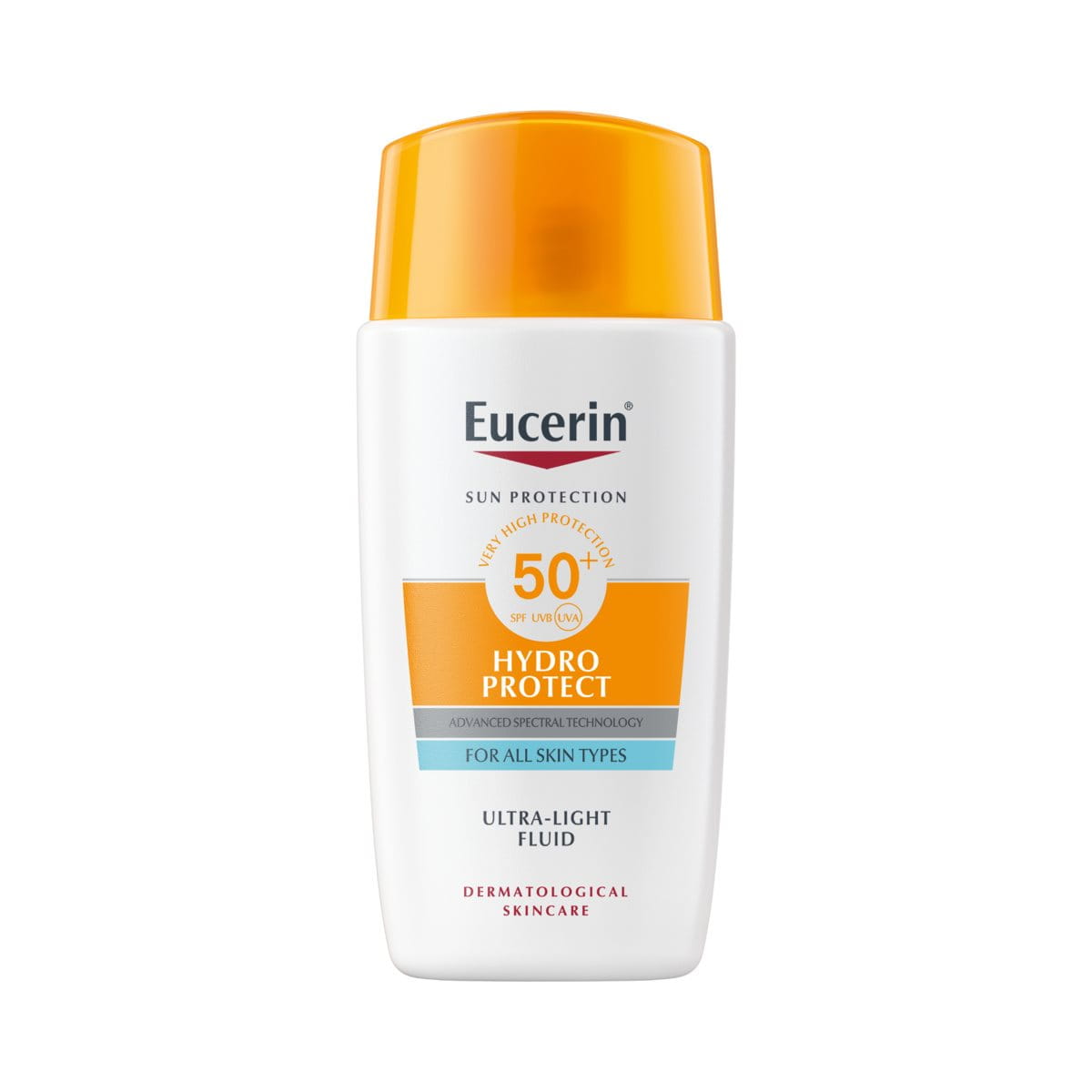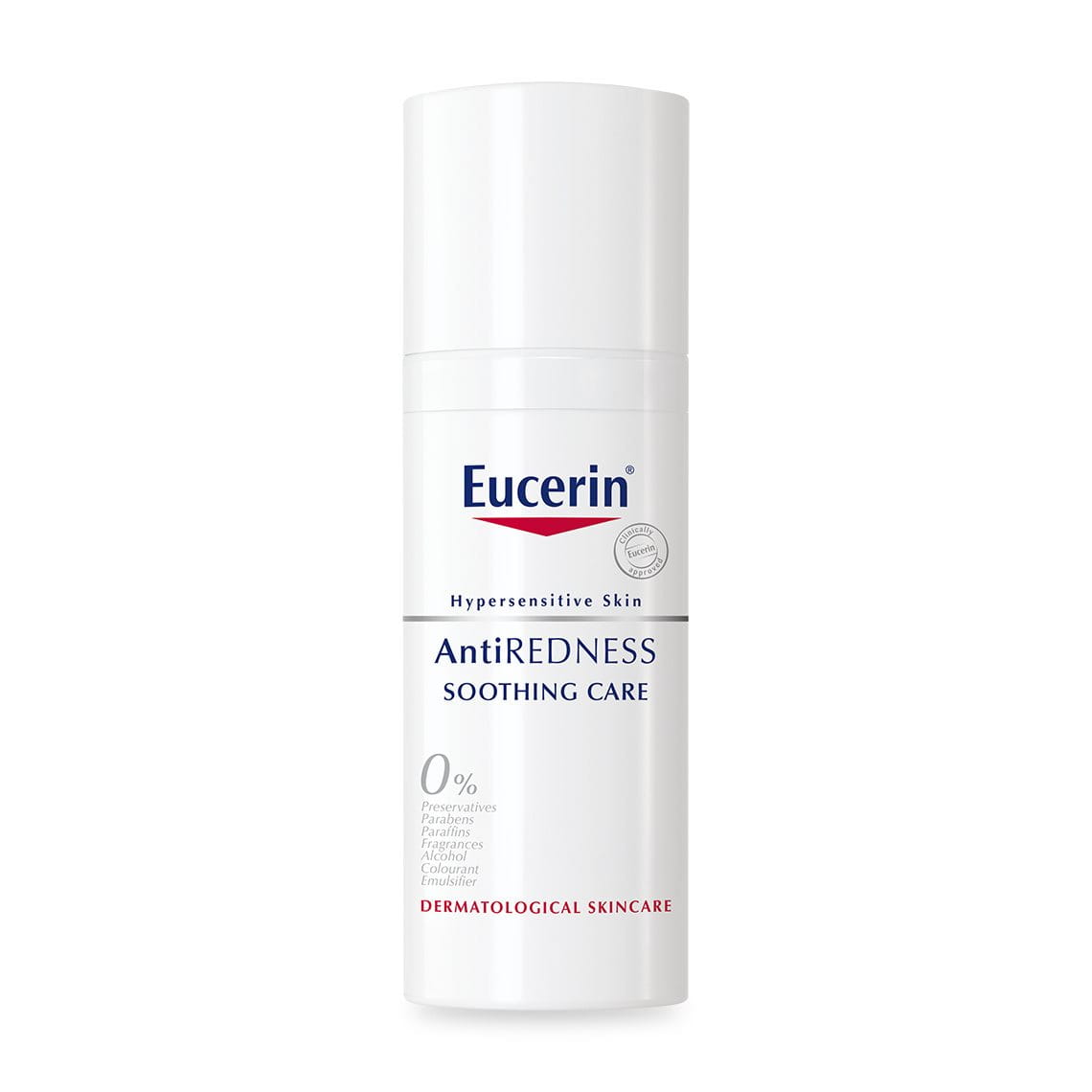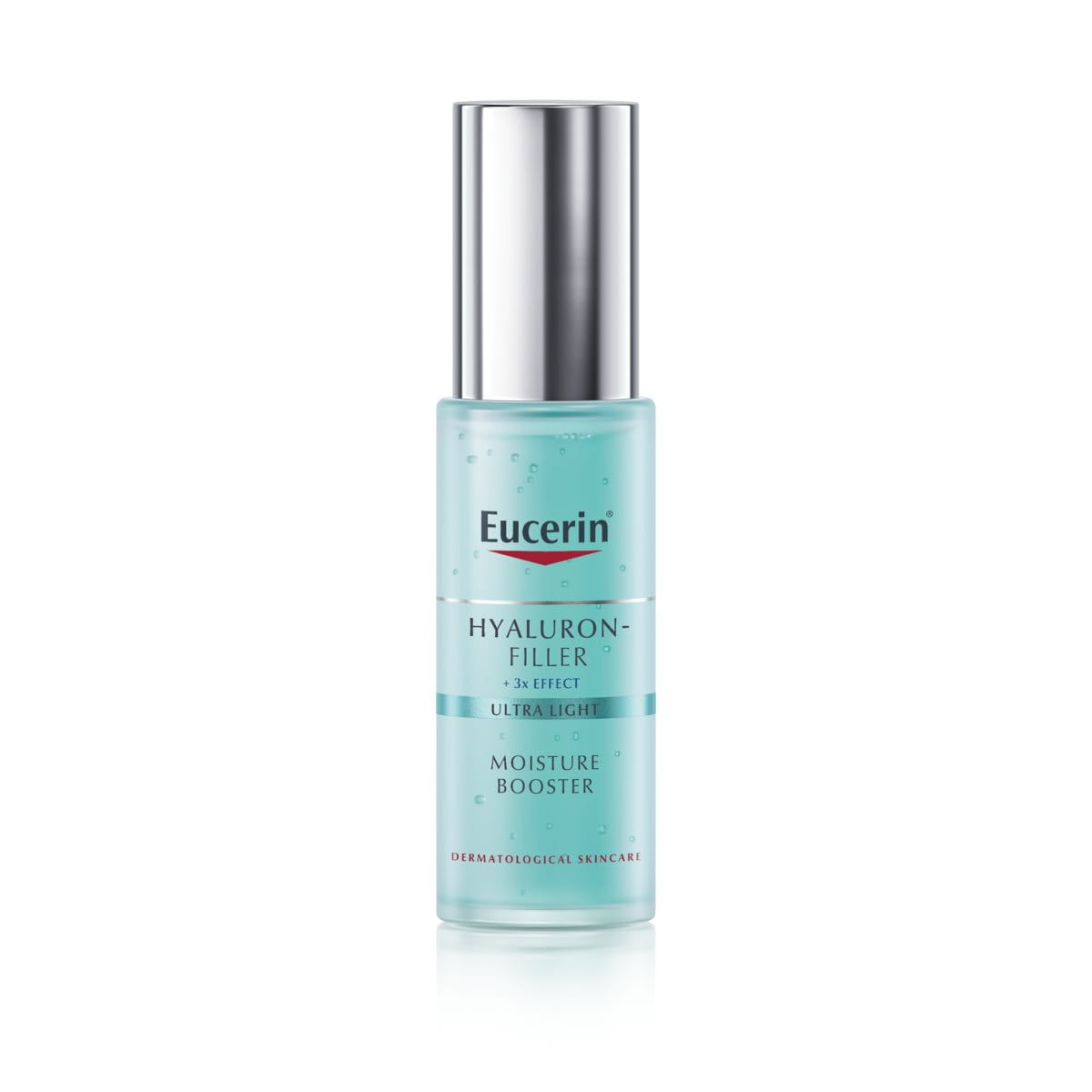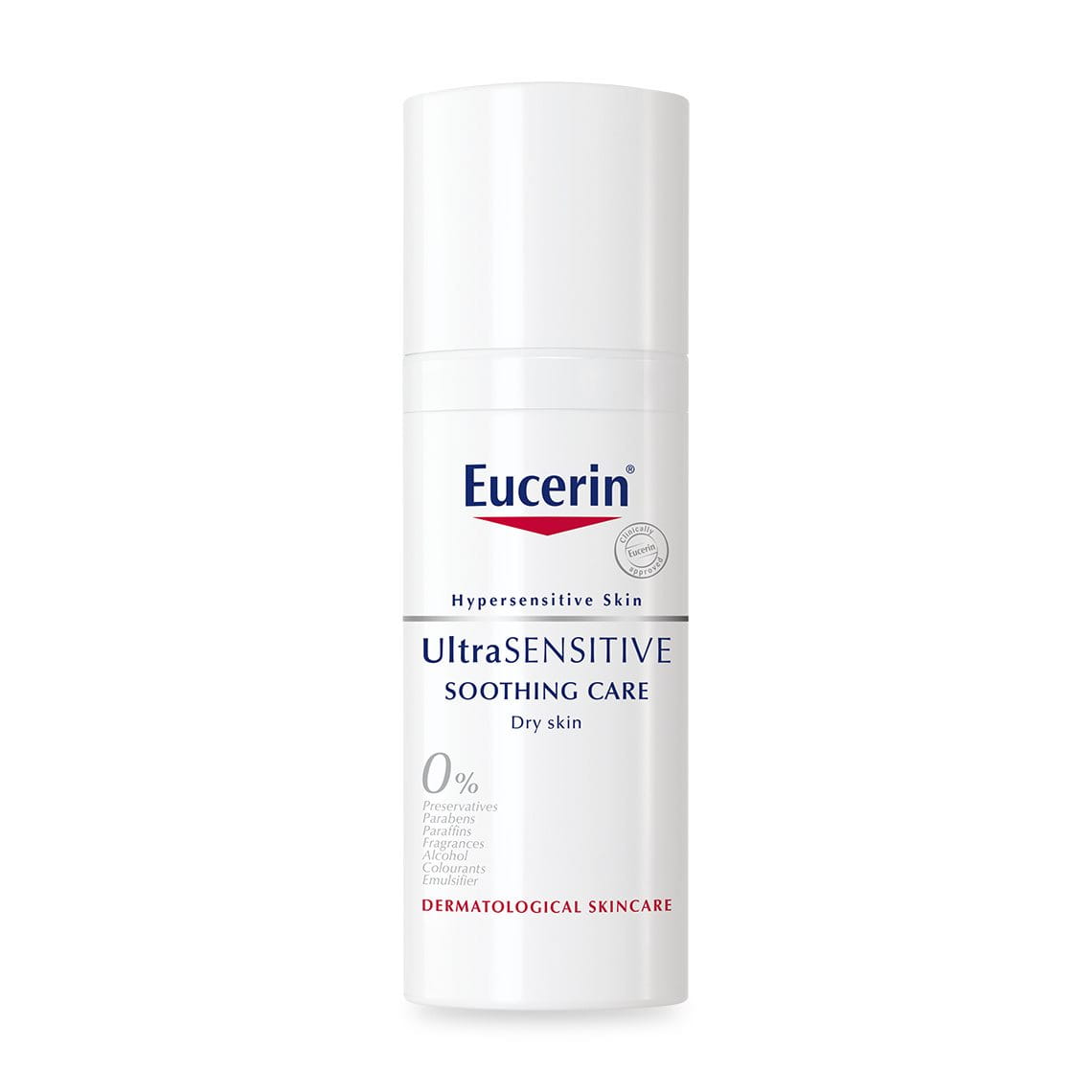Skin sensitivity can manifest in a number of ways. Whilst some people experience skin redness, others might notice sensitivity to touch or itchiness. Though it is important to treat different skin sensitivities with individualised skincare and common rule of thumb is to keep it simple and be careful to avoid triggering your skin further. For this reason, a simplified and gentle skincare regime is the way to go.
Morning skincare routine for sensitive skin
Your morning routine can be minimal, with the main intention being to rehydrate your skin after you’ve been asleep, and also to keep it protected throughout the day.
1. Cleanse
Over-cleansing can irritate skin and not all skin types require it. If you have dry or sensitive skin you will likely benefit from cleansing it less, to give your natural sebum an opportunity to replenish between washes. Whether you cleanse in the morning or evening is up to you and what works best for your skin. Cleansing helps to prep the skin before other skincare products penetrate deeper, so it may make sense to cleanse in your evening routine before a thick and nourishing nighttime moisturiser.
2. Moisturise
Many people with sensitive skin have compromised skin barriers, meaning that their skin tends to become dry throughout the night. A nourishing day cream can help replenish this moisture and keep your skin hydrated throughout the day.
If you also suffer from redness you might prefer an anti-redness cream. This will target the redness directly, soothing irritation and discomfort. The Eucerin Anti Redness Day Cream also has SPF 25 to provide added protection from damaging UV rays and green pigments to neutralise the appearance of redness.
3. SPF
SPF is vital for any skin type but especially sensitive skin. UV damage is one of the most sensitising external stressors for skin so a superior sunscreen can protect you from this throughout the day. Using the wrong SPF can sometimes irritate your skin, so it is important to opt for one with soothing ingredients and without fragrance.
Our Sun Protection range includes a number of sunscreens that are suitable for those with sensitive skin. Sensitive Protect Face Sun Cream SPF50 is designed to soothe sensitive skin, while protecting against sun-induced skin ageing and pigment spots.
Eucerin Sun Face Hydro Protect SPF 50+ is an ultra-light fluid suitable for all skin types, including sensitive skin. The non-greasy, fast absorption formula leaves no residue after use.
Learn more about how to choose the right sunscreen for your skin type.
Night time skincare routine for sensitive skin
If you have sensitive skin, a night-time skincare routine is important for repairing and soothing your skin while you sleep. Read more about the night-time skincare routine below.
1. Cleanse
When cleansing sensitive skin, opt for a non-stripping and fragrance-free product. A creamy cleanser or cleansing milk is perfect for cleaning away impurities while keeping your skin hydrated and soothed.
The Eucerin DermatoCLEAN Cleansing Milk contains hydrating hyaluronic acid and an extra-mild cleansing complex to clear away dirt and impurities without stripping sensitive skin.
2. Serum
Since less is more for sensitive skin, you might find serums to be too much. People with hypersensitive skin should steer clear of even gentle actives to let the skin settle after a flare up. Prioritise reducing irritation over finding solutions when your skin is in a vulnerable state.
3. Moisture
You might want to repeat the same moisturiser for your evening routine. This reduces risk of irritation and simplifies the ingredients your skin is exposed to. If you suffer from redness sensitivity, then you might respond better to an anti-redness soothing moisturiser. The Eucerin Anti Redness Night Cream contains Licochalcone A to soothe redness as well as a sensitivity regulator which targets irritation at the source.
Alternatively, for immediate hydration try the Hyaluron-Filler Moisture Booster, which is suitable for sensitive skin and can be used day or night. This absorbs quickly and leaves the skin feeling smooth and looking healthy, while plumping fine lines.
Skincare ingredients for sensitive skin
Those with sensitive skin should strive for minimal ingredient lists and hydrating ingredients to support moisture barrier repair. Look for anything that locks in moisture and avoid exfoliating or refining products whilst your skin is vulnerable.
Licochalcone A
This ingredient is good for sensitive skin because it neutralises free radicals which lead to skin cell damage. It also has soothing qualities which are perfect for calming down irritated skin.
Symsitive
Symsitive is our patented ingredient, which is found throughout our sensitive skin range. It acts as a sensitivity regulator, targeting the root cause of sensitivity reactions.
Squalene

Squalene is an antioxidant skincare ingredient which is known for its hydrating properties. Its anti-inflammatory characteristics also help soothe skin from swelling or irritation. It is a lightweight oil which is non-comedogenic, meaning it won’t clog pores or feel too thick on the skin.
Glycerin
Glycerin is a humectant meaning it draws moisture into the skin. It is loved my many for it’s ability to penetrate deeper into the skin, bringing atmospheric water with it to keep you skin hydrated.
Ingredients to avoid for sensitive skin
While it’s important to identify the optimal ingredients for sensitive skin, you should also avoid using products that contain unsuitable ingredients.
- Stripping ingredients: These will only lead to further irritation. Sensitive skin needs sensitive skin care so ensure you take the time to find the ingredients that are clean and the brands that are suitable for sensitive skin, like Eucerin.
- Fragrances: Though fragrances are technically safe for skin, they can be irritating over time, and some are known to cause allergic reactions. It’s safer to avoid fragrances in skincare as they are unnecessary and not worth the risk for hypersensitive skin types.
- Exfoliating: Ingredients like glycolic acid (AHA), lactic acid (AHA), salicylic acid (BHA) can be used for exfoliation. Generally, you should limit exfoliation because though it might be tempting to clear away flaky irritated skin this could very easily exacerbate the problem. Exfoliating is great for clearing pores but can cause sensitivity reactions if used on vulnerable skin or compromised skin barriers. Learn more about how to exfoliate.
- Too many actives: Many might try to find the right active ingredients to solve their sensitive skin issues, however most skin just needs to be left to recover and given adequate time to heal, especially after flare-ups. In this time focus on gently cleaning and consistently moisturising facial skin to give your skin a chance to recover.
Variations of sensitive skincare routines
Though often referred to as one, sensitive skin is not a skin type. It is a condition caused by skin damage or individual genetics and is not mutually exclusive to having dry, oily or combination skin. For this reason, those with sensitive skin may be treating it alongside other skin concerns and slight adaptations to your routine could be necessary.
Sensitive skin with acne
Acne-prone sensitive skin can be difficult to manage because whilst you want to clear your pores and keep sebum at bay, you also want to keep up a gentle routine that won’t strip or irritate your skin. However, if you focus on reinforcing your skin barrier this will help your other symptoms.
Though acne is often thought of as producing too much oil, it is an overcompensation of too little sebum production. If you can strengthen your skin’s moisture barrier it shouldn’t need to overcompensate. It will also help protect your skin from further sensitivity.
Sensitive dry skin
Sensitive dry skin requires plenty of moisturisation to prevent it drying out. Avoid baths and showers that are too hot as this can dry out your skin. After washing your face, and patting it dry, apply a moisturiser to help lock in moisture. This step is important in preventing your skin from completely drying out.
Eucerin UltraSensitive Soothing Care for Dry Skin provides immediate relief for hypersensitive, dry skin by calming irritation and reducing sensitivity with its SymSitive formula. It strengthens the skin's natural barrier, offering long-lasting comfort without preservatives, parabens, or fragrances.
Skincare routine for extremely sensitive skin
Extreme sensitive skin, otherwise referred to as hypersensitive skin, won’t require much adaptation to a standard sensitive skin routine. Hypersensitivity can often come as an exasperation or degradation of sensitive skin so it is best to treat both with extra caution.
Use gentle products with minimal ingredient lists and avoid active ingredients that could worsen your skin sensitivity. For example, if you choose to exfoliate at all opt for lactic acid over a more powerful choice like salicylic acid, and only incorporate it into your routine occasionally.
Which makeup is best for sensitive skin?
If you can manage to avoid makeup this would be best for hypersensitive skin. However, a tinted SPF makes a great replacement for foundation to give some coverage along with sun protection from the UV rays.
Eucerin Sun Pigment Control Tinted Light SPF50+ has a pleasant light texture that absorbs quickly and is clinically and dermatologically proven to be well tolerated, even by sensitive skin.
Mineral sunscreens are known to be good for hypersensitive skin because they sit on the surface, rather than sinking in, which is less likely to irritate the skin.
Our brand values

We deliver a holistic dermo-cosmetic approach to protect your skin, keep it healthy and radiant.

For over 100 years, we have dedicated ourselves to researching and innovating in the field of skin science. We believe in creating active ingredients and soothing formulas with high tolerability that work to help you live your life better each day.

We work together with leading dermatologist and pharmacist partners around the world to create innovative and effective skincare products they can trust and recommend.
